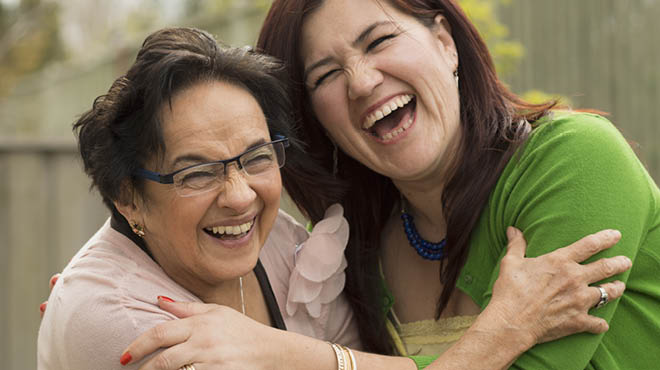Recent Posts
Menopause: A natural aging process
 Sometime around her 51st birthday, the average woman in the U.S. will experience menopause. With the change comes a host of symptoms, including hot flashes, weight gain, bone loss, sleep disturbances, mood changes and a decreased sex drive.
Sometime around her 51st birthday, the average woman in the U.S. will experience menopause. With the change comes a host of symptoms, including hot flashes, weight gain, bone loss, sleep disturbances, mood changes and a decreased sex drive.
Though these symptoms can be bothersome, in most cases it’s fine to wait until your annual exam to discuss menopausal changes with your provider.
“In general, there’s no reason to schedule a special appointment unless you’re having severe symptoms,” says Gokhan Anil, M.D., an obstetrician/gynecologist. “Extreme changes in your menstrual cycle should prompt a visit.”
Some women also experience pelvic floor issues during menopause, such as an overactive bladder or urinary incontinence. Dr. Anil says there are many options for treating these bothersome and sometimes embarrassing problems.
“For some women, bladder problems can be managed with lifestyle changes, such as limiting the amount of caffeine you drink or scheduling regular trips to the bathroom,” says Dr. Anil. “For other women, physical therapy or biofeedback is effective.”
Dr. Anil says it’s important to remember that menopause is a natural part of the aging process.
“Menopause is a normal life change, just as the start of menstruation, menstrual cycles and pregnancy are normal changes,” he says. “For many women, the best treatment for menopause is a healthy diet, regular exercise and getting enough sleep.”
And that’s good advice for women at any stage of life.






